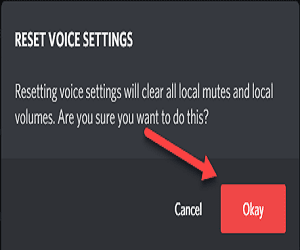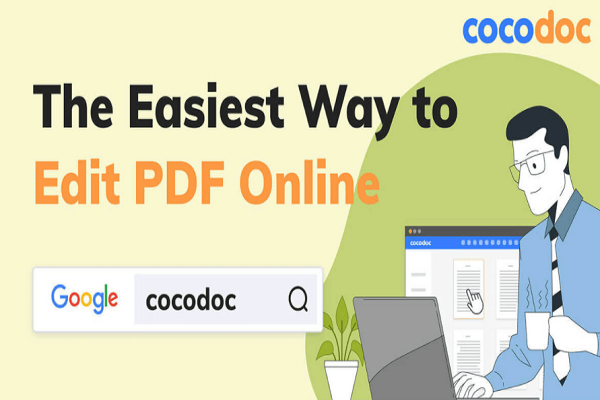At the initial stages of discussing a new project, the question “which CMS is right for my site?” Pops up. This question is asked not only by beginners in web development but also by quite experienced specialists.
An attempt to search the Internet for an answer to a question will not give you the result you need, everyone will advise what he most often uses in his projects or recommend the most popular and widespread CMS (WordPress, Joomla, Bitrix, ModX, Opencart, etc.) …
If you turn to the directory on the network, and open a list of all paid and free engines. An untrained person will simply get lost in an endless list of names unknown to him.
If you are not a person who will be directly involved in the development of the site, then I recommend contacting specialists who understand this. They themselves will choose the most suitable engine for your project. Eigene Website erstellen is also a newly developed cms or web builder tool that you can try for free and also opt for paid features.
You can also contact us, we will develop any turnkey solution from scratch, and you do not need to worry about choosing a control system.
I will describe a few key features that you need to rely on when choosing a CMS.
Choose as Per Requirement
The first and most important key feature Before choosing an engine, I advise you to describe what specific task your project should perform. Without this, it will be simply impossible to find the required engine. Most CMS are designed for a specific purpose. Therefore, you need to narrow your search by filtering out those that, by default, cannot do what is required from your project.
For example, the tasks of the most popular engines:
- Bitrix – online store, corporate website, catalog;
- Joomla – corporate website, blog;
- WordPress – Blog, corporate website, online store (Separate plugin);
- ModX – corporate website, catalog, blog;
- Opencart – online store, catalog;
- NetCat – online store, catalog;
- vBulletin – forum;
There are a huge number of CMS directories, where they are categorized by their specific purpose and selected according to the “popular” rating.
I recommend that you write out the first 5 engines from each category that at least slightly correspond to your task. This will greatly reduce the search circle.
Also read: Best Website with Free Invoice Templates
Free or paid
If you have a lot of money, you can buy “Maybach” in the world of CMS
There is such a thing as a “Paid Engine”, and against the background of tons of free CMS of different functionality, they live and thrive. Why do people choose them?
Paid engines are usually narrowly focused, and perform only one specific task. But they do their job flawlessly.
For example, you need an online store, for this you choose the WordPress management system and install one of its most popular plugins WooCommerce, converting your site into an online store. You add products and everything works great, but soon you need to add internet acquiring, you install another plugin, it connects the payment gateway to your store. Later, you need to configure the delivery of some service, and you add another plugin, etc.
After a huge number of plugins, the site does not work as stable as when you had only one WooCommerce, you hire a specialist for the money, he optimizes the system, removes unnecessary things, configures it.
With a paid engine, everything is easier, bought, installed, and all this functionality is already there, it will never hesitate and will not slow down the site.




